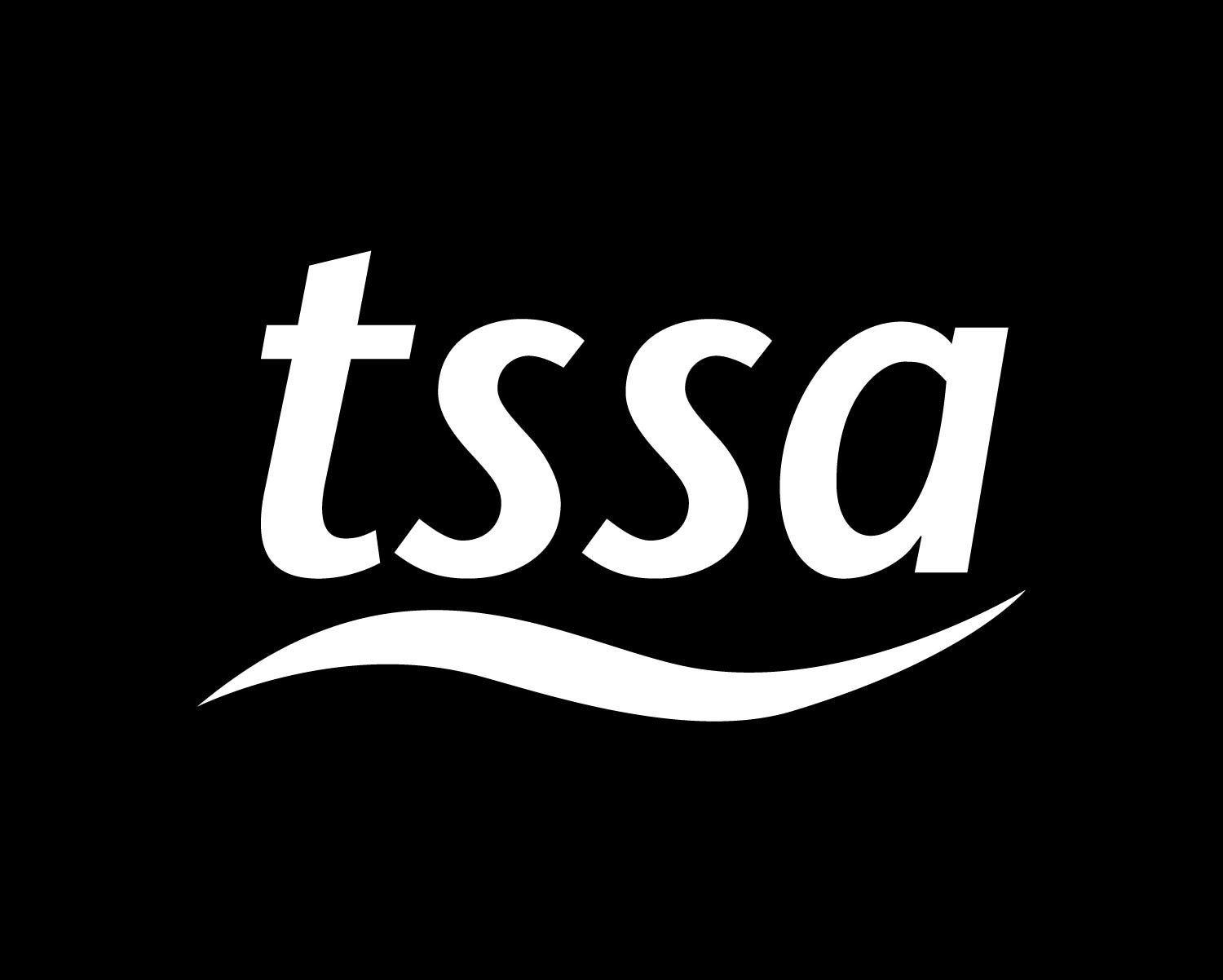NEWS.CATEGORY: Health and safety
News-Hatfield the "constant reminder of rail privatisation failure" says TSSA

Ahead of tomorrow's 20th anniversary of the Hatfield rail crash, in which four people died and over 70 were injured, transport union TSSA says the failures of privatisation must not be forgotten.
The Hatfield rail crash took place on 17 October 2000 on the East Coast Main Line when the London Kings Cross to Leeds service derailed when a rail fractured beneath the train travelling over 100 miles per hour. Four passengers were killed and more than 70 people were injured, at least three seriously including two members of Great North Eastern Railway staff.
As a result, Railtrack (the private infrastructure operator) and Balfour Beatty (the contractor responsible for track maintenance on that line) were found guilty of breaching health and safety laws. Railtrack was forced by the government into administration, and publicly owned Network Rail was established. One of its first acts was to take track maintenance away from private contractors and bring it in house. Safety standard have risen since that time.
TSSA has concerns that Network Rail’s current Putting Passengers First (PPF) project could lead to divergent and lower safety standards and is calling for consistent standards to be followed at all times.
Manuel Cortes, TSSA general Secretary, said: “On this anniversary of the Hatfield crash we remember the victims of the disaster and we send our condolences to their relatives whose lives were shattered by their loss.
“Hatfield must be a constant reminder of the failure of rail privatisation. The safety of passengers is too important to leave to the market. Hatfield happened because penny pinching private companies who put the interests of their shareholders before those of the travelling public resulted in poor maintenance practices. Profit was put before safety.
“The takeover of Britain's rail infrastructure by publicly owned Network Rail took the profit motive out of maintaining and running our tracks, and since then safety standards have dramatically improved. But we must remain vigilant.
“Just over a year ago we saw the tragic deaths of two Network Rail maintenance workers at Margam, near Port Talbot in South Wales. Progress has since been made when it comes to keeping people safe working on the tracks, with downward trends in the use of unassisted lookouts and more technology to drive safer solutions. However, risks to track workers remain too high, with many near misses and we have ongoing concerns that Network Rail's devolution project 'Putting Passengers First (PPF)' will lead to divergent safety standards across the railway.
“Together we must keep pushing for ever greater progress to save lives.”
